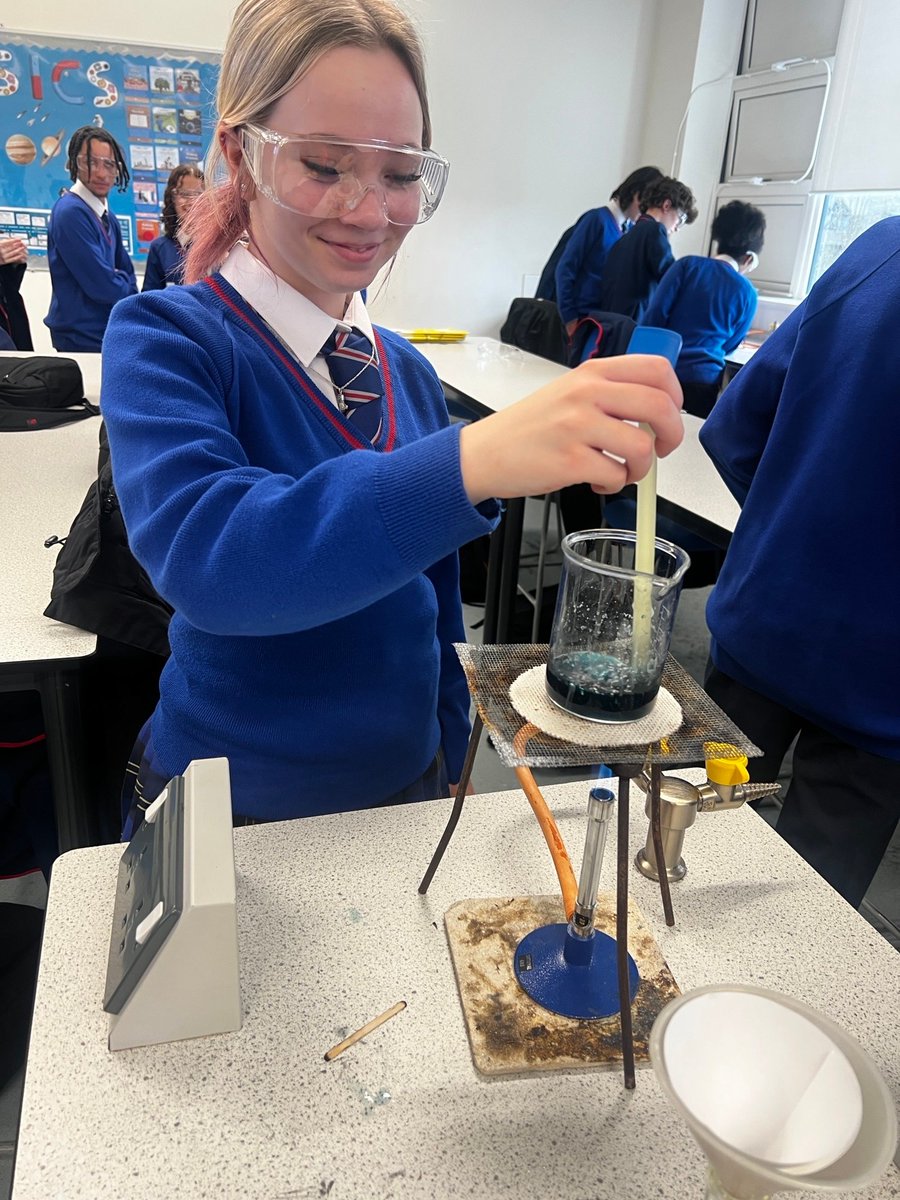PE
Curriculum intent
It is our belief that Physical Education is vital in maintaining our students' health; not just their physical health but using PE and Sport as a vehicle to improve positive mental health and social wellbeing for all our students.
The purpose of the PE curriculum and enrichment programme is to provide opportunity for high quality teaching and learning, which immerses students in specialist knowledge, and inspires them to engage in a lifelong love of sport.
Underpinning the curriculum design is the Academy learning ethos of the 4 Rs; resilience, reciprocity, reflectiveness and resourcefulness. These are not only vital characteristics and skills for life but are essential for what is takes to be successful in the world of sport. Our curriculum is inclusive for all abilities, aiming to nurture world class athletes as well as support more reluctant students to find a sport they can commit to and enjoy.
Within Key Stage 3 we expose our students to a broad and balanced curriculum which provides them with opportunity to master the fundamental skills which underpin sports performance across a wide range of sporting contexts, both within lesson time and within the extensive enrichment program.
Within Key Stage 4 we provide the opportunity for students to study a greater depth of knowledge within the subject through a wide range of examination courses which provide a suitable route for all students whether it be the academic performance-based GCSE route or a more vocational BTEC/ CTEC Sports Science or Dance route. Across both key stages, knowledge is sequenced coherently so that students’ appreciation of sport and PE incrementally grows to specialist understanding term on term.
For further details of the PE curriculum please see the documents at the bottom of the page or contact Ms L. Saunders.
Implementation
Our overarching aim is to provide a high quality, broad, balanced and differentiated curriculum and enrichment program that encourages excellence, lifelong participation and enjoyment of sport and physical activity.
Key Stage 3
At Key Stage 3 the focus in PE in on a broad and balanced curriculum which gives students the opportunity to participate in a variety of different sports. Within these sports the focus is on developing a deep knowledge of the threshold movement skills and tactics which underpin all sports, such as throwing, catching and movement skills in team sports; forehand, backhand and footwork skills in net sports; and finally hitting, retrieving and tactical awareness in striking and fielding sports.
As well as the practical focus we also look to embed a mastery theme across each year group. Each term focuses on a strand of theoretical knowledge which underpins sports performance, this helps to create a bigger picture for our students of what it takes to be an elite sports person. Example themes are basic anatomy and physiology, the components of fitness and effective warm ups. These key mastery concepts will be taught discretely through depth of questioning and where relevant when teaching knowledge of successful skill acquisition.
The sports at Key Stage 3 are selected to best suit the intent, the cohort of students, staff specialisms, and in years 8 and 9 when classes are set, to best suit the ability level of the students. Students are assessed on each sport both practically and on the mastery strands, this is done through the class teachers’ observations and interactions with each student across the term, this ensures that those students who have a deep knowledge of physical education but not necessarily the practical ability can still gain successful attainment within the subject.
Key Stage 4
At Key Stage 4 we also have a varied offer for our examined options ensuring that we are inclusive for all students who wish to follow a sports-based route in Key Stage 4. Whether students follow OCR CTECH Sports Science, OCR GCSE PE or Dance they will receive two 80-minute lessons a week of high-quality teaching. The two 80-minute lessons allow students to embed key knowledge and skills that are required to achieve. Students are taught in a variety of engaging ways to develop the key concepts and skills necessary with an emphasis put on creative, imaginative and interactional ways to learn.
The long-term plans are developed to sequence learning in a way which flows across the key stage with each topic area leading into, and relating to the next, this ensure there is fluency of learning as opposed to discrete sections of unrelated content. For example, anatomy and physiology is always taught first as this underpins all links back to all other areas of the specification. This way students see the knowledge as a ‘bigger picture’ with clear context as to why each new piece of learning is required to be successful in the course.
Key Stage 5
At Key Stage 5 we ensure fluency from our Key Stage 4 offer by presenting two pathways for students, the academic performance pathway is OCR A Level PE and is suited to our students which followed the GCSE PE, and the vocational pathway is OCR Sport which is suited to our OCR Sports science Level 2 students as well as those who passed GCSE PE with a lower grade. Each subject will receive two 120-minute lesson per week, except OCR Sport Diploma students who will receive three 120-minute lessons per week. Lesson structure and long-term planning follows the same format as Key Stage 4 lessons, other than an increased emphasis on pre-reading so lessons are focused on depth of knowledge and application.
In all theory lessons taught within the physical education department there are key aspects that are present. There is a clear focus on knowledge retention, though the use of ‘knowledge retrieval’ tasks at the begging of each lesson, where students are presented with questions from last lesson and last month. This will help to embed the key knowledge that they need in their long-term memory. Knowledge Objectives, KO’s, also ensure that each student knows exactly what knowledge needs to be gained each and every lesson. Elements of mastery discussion are also a key feature where students get to discuss to key questions and form an option before finally addressing any key misconceptions. Extended writing and exam practice will feature in every lesson in order that students can assess their knowledge through application and most importantly discover what they don’t know to fill those gaps in learning. This is key in preparing them for end of unit tests or assessed coursework tasks dependant on the course studied. Finally, at each stage of the lesson ‘powerful vocabulary’ will be taught and used, therefore students with feel confident to use these in the correct context with clear understanding of what they mean.
To monitor the quality of teaching by physical education staff leadership within the department will complete learning walks, book scrutinises, and observations to ensure that students at Harris Academy Beckenham are taught to the highest possible standard and that teachers are held accountable for the learning of their classes. Feedback is then given to teachers and either best practise can be shared during SAM time or any necessary support can be put into place.
Impact
Students at Key Stage 3 will be able to speak with confidence about their physical literacy. They will be able to explain how physical competence, mastery and knowledge, and character and confidence impact on their sports performance and their overall health and wellbeing. The breadth and depth allow students to find an area of the curriculum which appeals to them and helps to promote a positive attitude towards having an on-going healthy and active lifestyle. The love of sport and physical education at Harris Beckenham is evident with the uptake in our ‘sport enrichment’ programme, providing a competitive sports pathway for our students both inside and outside the academy via community links.
At Key Stage 4 CORE the students will demonstrate positive engagement in sport and exercise through the options programme tailored to their needs in order that the positive engagement continues beyond their schooling.
Students at Key Stage 4 and Key Stage 5 within the examined curriculum will gain qualifications which allow them to access further education courses and pursue possible careers in all areas of the sports and exercise industry.

























